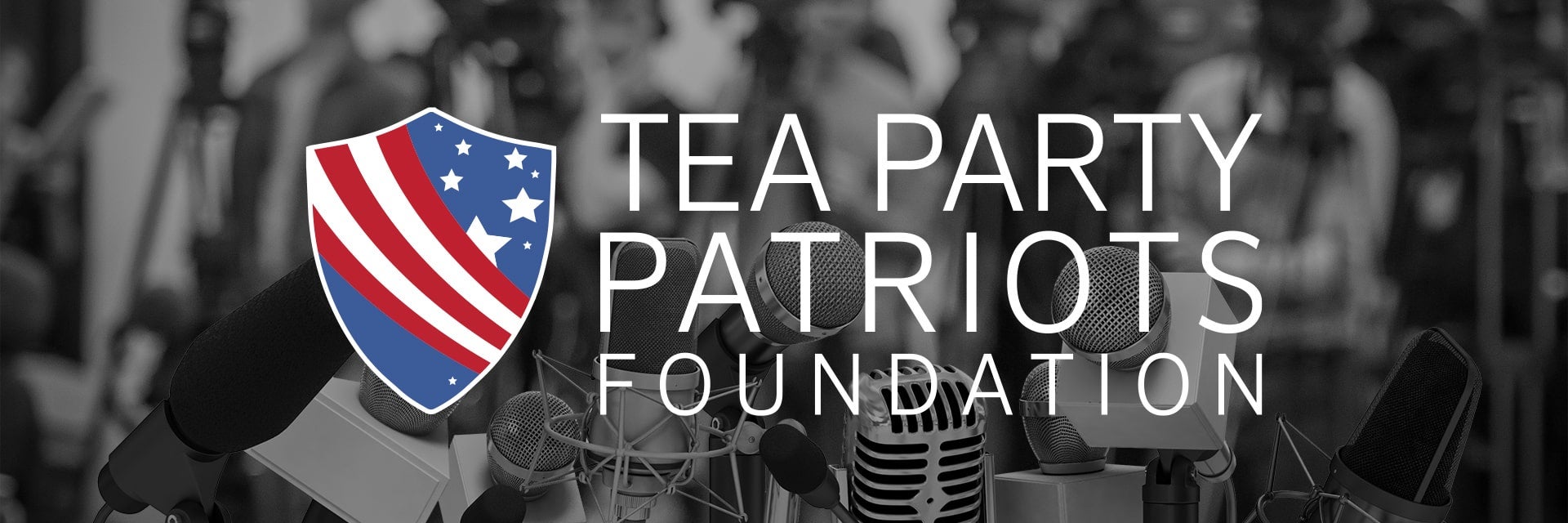Tea Party Patriots Foundation Files Amicus Curiae Brief in GA for 2020 Election

ATLANTA, GA – Today, Tea Party Patriots Foundation (TPPF), which provides training opportunities and educational resources to the largest network of grassroots Tea Party groups and activists around the country, filed an amicus curiae brief in support of the petitioner’s motion to unseal paper ballots and compel production of ballots in the case of Favorito v. Cooney, in the Superior Court of Fulton County, in the state of Georgia. TPPF President Jenny Beth Martin released the following statement:
“It’s been almost six months since the presidential election, and almost half of Georgia’s voters still have no confidence that the election was free and fair. That’s simply intolerable. In order for our republic to function properly, citizens must believe in the integrity of the election system. Restoring that lost trust is one of the most important tasks facing us today and for the next several years.
“To that end, Tea Party Patriots Foundation today filed an amicus curiae brief in the case of Favorito v. Cooney, supporting the petitioner’s motion to unseal paper ballots and compel production of ballots for inspection.
“The Secretary of State has countered by providing photographic images of the ballots in question. That’s just not good enough. If you were trying to figure out if a $100 bill were counterfeit, it would do you no good to examine a photograph of the bill in question – you’d need to handle the bill itself to examine it properly. Similarly, in order to determine if the ballots in question are genuine, it requires an examination of the actual ballots themselves, not images of the ballots.
“The election code of Georgia recognizes this. The so-called ‘best evidence’ rule in Georgia actually requires that to ‘prove the contents of a writing, recording or photograph, the original writing, recording or photograph shall be required.’ It does not say ‘may’ be required, it says ‘shall.’ Further, the election code reinforces the best evidence rule by permitting the ‘inspection and copying’ of public records – not just the inspection of copies.
“Moreover, the laws of Georgia provide that the Secretary of State ‘shall be guilty of a misdemeanor’ if he or any employee of his office ‘willfully refuses to permit the public inspection or copying, in accordance with this chapter, of any … paper, … or any other document or record in his or her custody …”
“The law is clear. The need is clear. The actual ballots in question should be produced, so we can determine whether they were properly cast and counted, and we can begin to restore the public’s faith in the integrity of our state’s elections.”